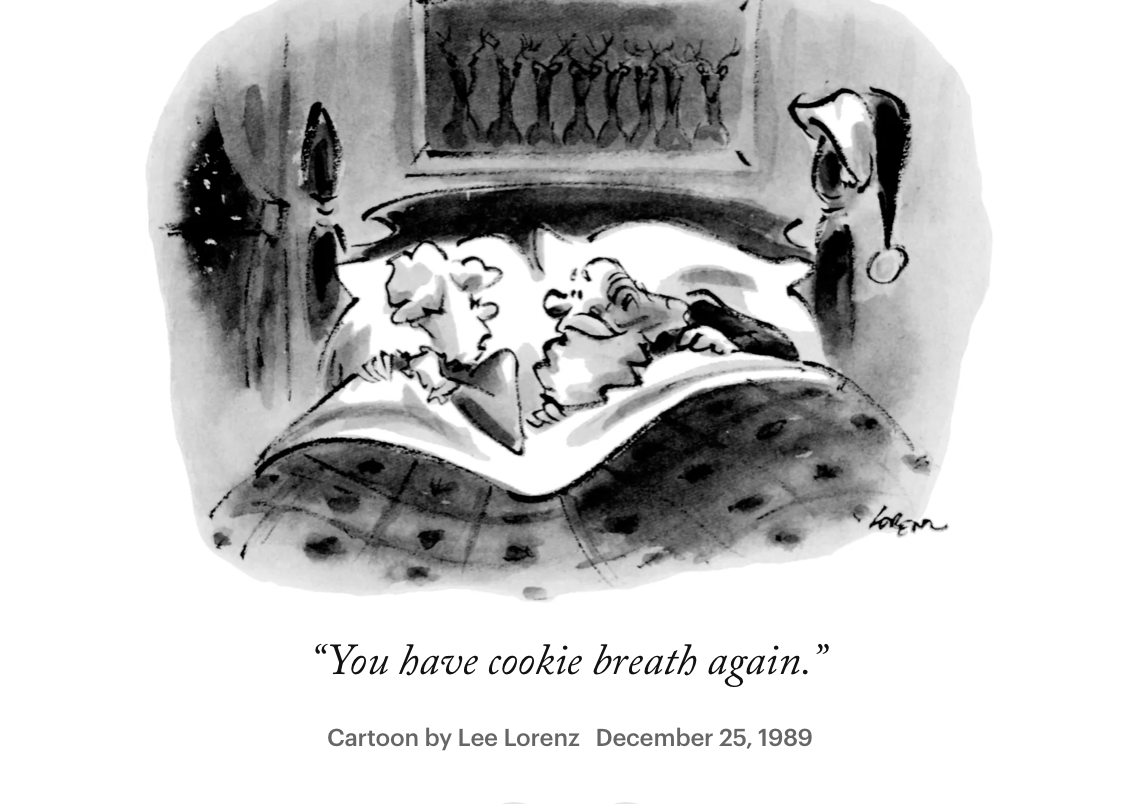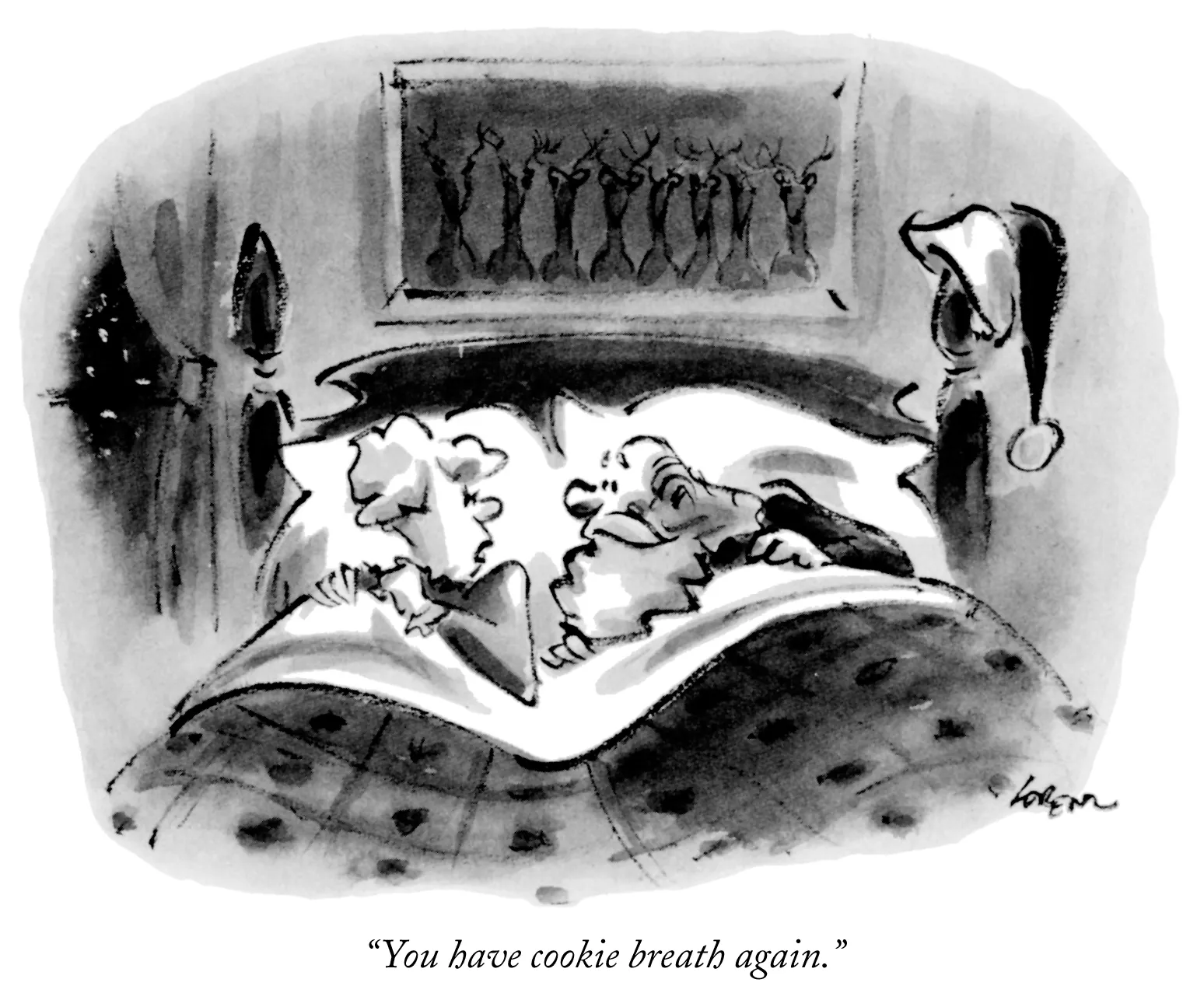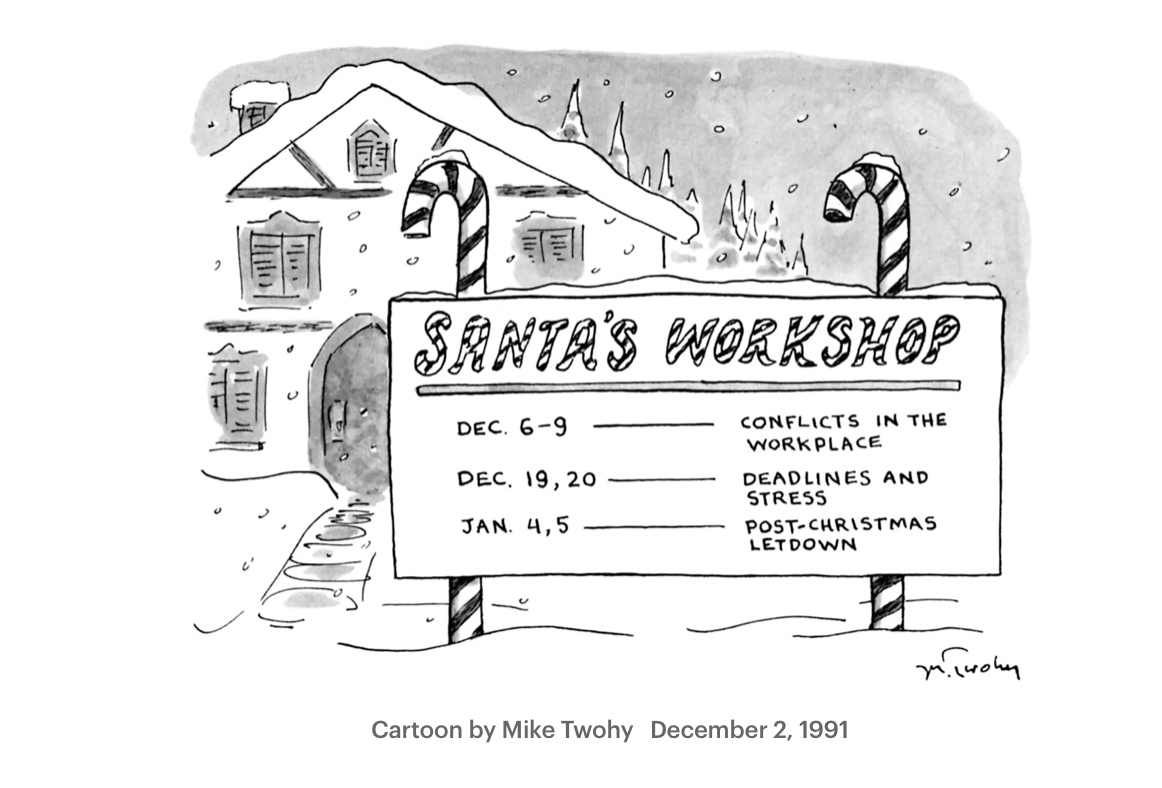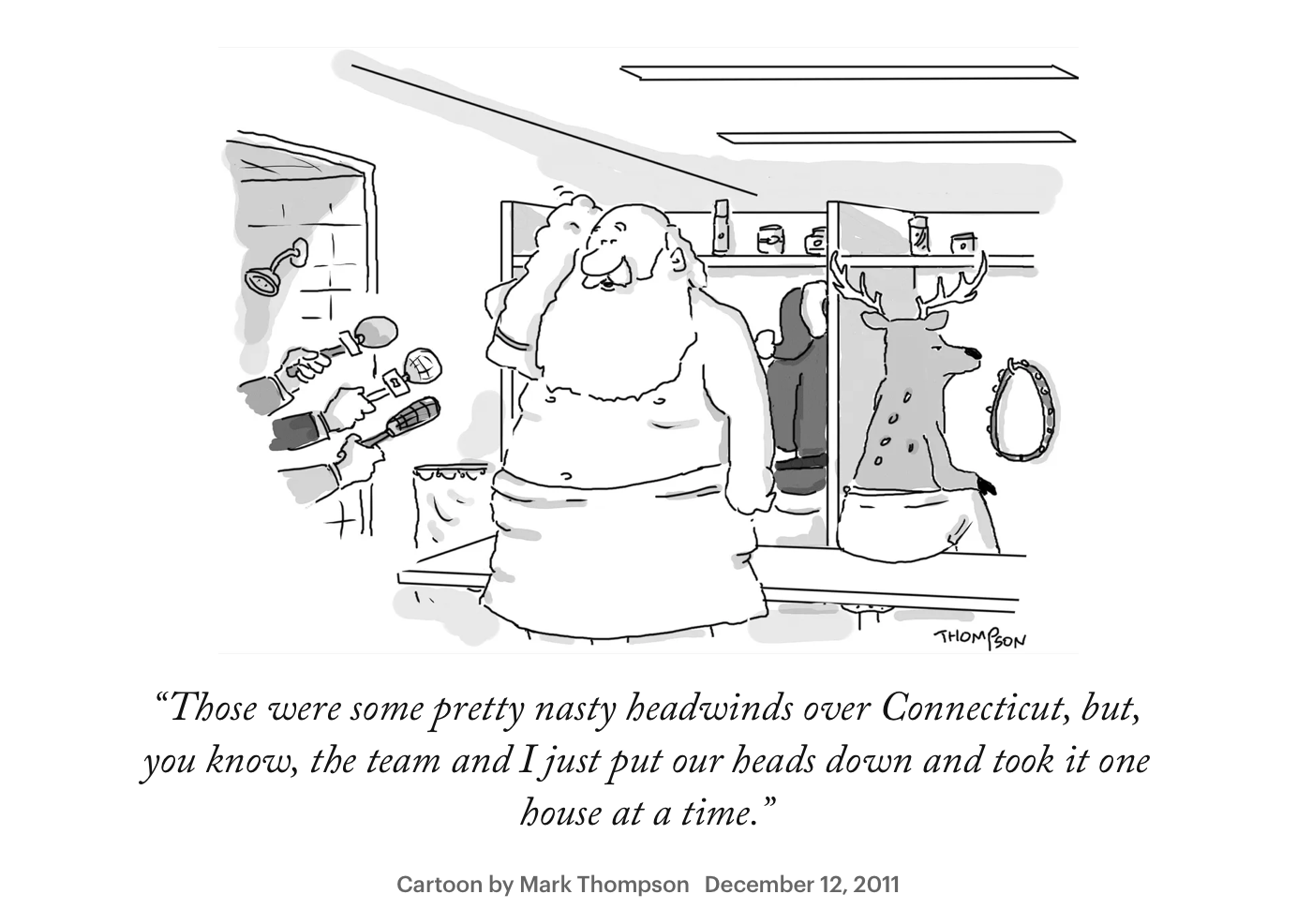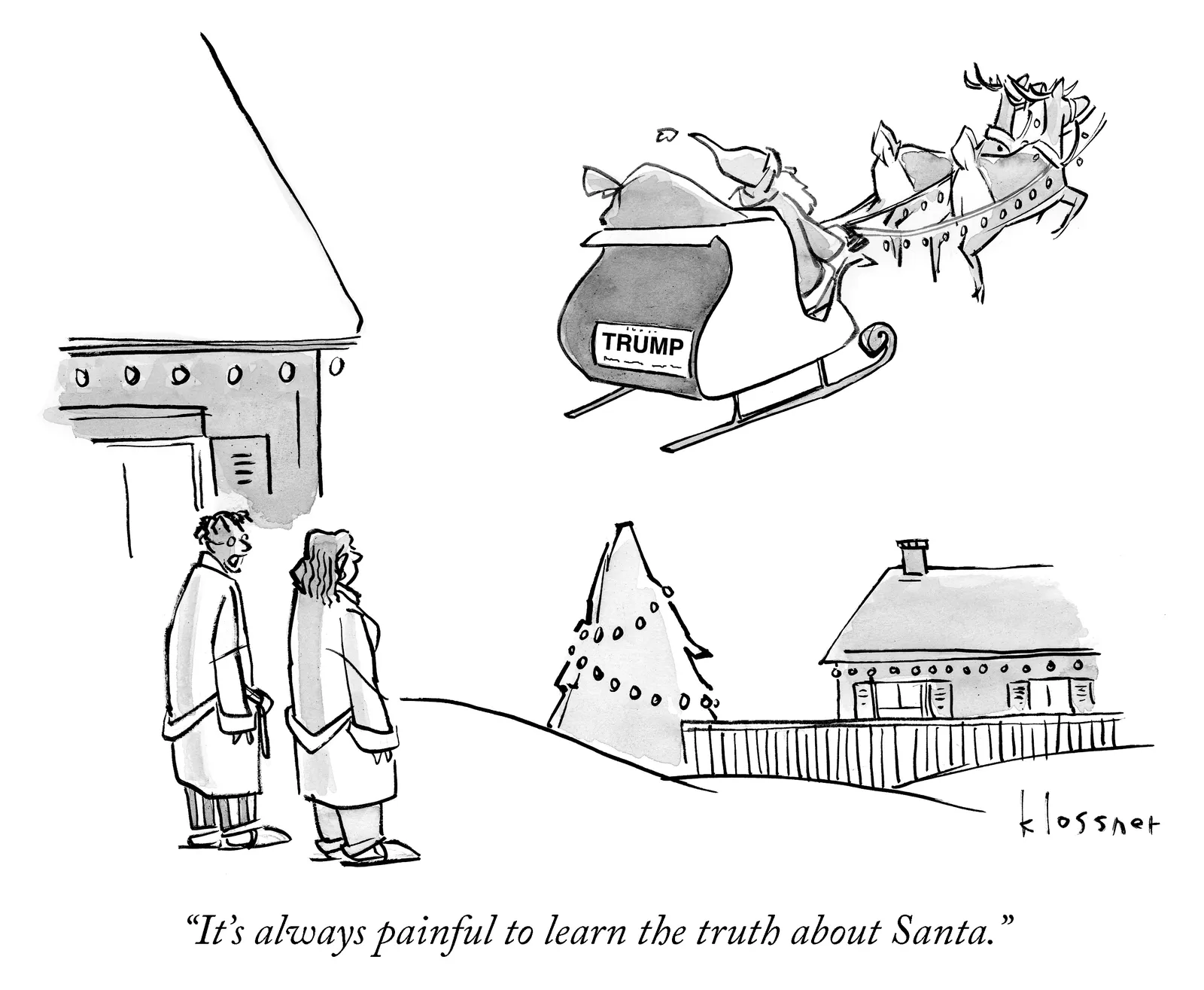One of the loveliest of the 347 short stories written by Giovanni Guareschi is “Men of Good Will” which was published in 1948. As usual the plot centres around the relationship between the village priest Don Camillo and the Communist mayor Peppone.

Men of Good Will
Christmas was approaching and it was high time to get the figures of the crèche out of their drawer so that they might be cleaned, touched up here and there and any stains carefully removed. It was late at night but Don Camillo was still at work in the rectory. He heard a knock on the window and, seeing that it was Peppone, went to open the door.
Peppone sat down while Don Camillo resumed his work, and neither of them spoke for quite a long time.
“Hell and damnation!” exclaimed Peppone suddenly and furiously.
“Couldn’t you find a better place to blaspheme than in my house?” inquired Don Camillo quietly. “How about your own headquarters?”
“You can’t even swear there any more,” muttered Peppone. “Because if you do, someone asks for an explanation.”
Don Camillo put a little white paint on Saint Joseph’s beard.
“No decent man can live in this filthy world!” exclaimed Peppone after a pause.
“How does that concern you?” Don Camillo asked. “Have you by any chance become a decent man?”
“I’ve never been anything else.”
“There now! And – never would have thought it.” Don Camillo continued his retouching of Saint Joseph’s beard. Then he began to tidy up the saint’s clothing.
“How long will you be over that job?” asked Peppone angrily.
“If you’d give me a hand it would go quicker.”
Peppone was a mechanic and he had hands as big as shovels and enormous fingers that gave an impression of clumsiness. But when anybody wanted a watch repaired they took it to Peppone. He could streamline the body of a car or the spokes of a wheel like a master painter. “Are you crazy! Can you see me touching up saints?” he muttered. “You haven’t by any chance mistaken me for your bellringer?”
Don Camillo fished in the bottom of the open drawer and brought out a pink and white object about the size of a sparrow: it was the Holy Infant.
Peppone never could remember how he came to find it in his hands, but he took up a little brush and began working carefully. He and Don Camillo sat on either side of the table, unable to see each other’s faces because of the lamp between them.
“It’s a rotten world,” said Peppone. “If you have something to say, you don’t dare trust anyone. don’t even trust myself.”
Don Camillo seemed to be absorbed in his task: the Madonna’s whole face required repainting. “Do you trust me?” he asked casually.
“I don’t know,” said Peppone.
“Try telling me something and then you’ll know.”
Peppone completed the repainting of the Baby’s eyes, which were the most difficult part. Then he touched up the red of the tiny lips. “I’d like to give it all up,” said Peppone, “but it can’t be done.”
“What stops you?”
“Stops me? With an iron bar in my hand I could stand up to a regiment!”
“Are you afraid?”
“I’ve never been afraid in my life!”
” I have, Peppone. Sometimes I am frightened.”
Peppone dipped his brush in the paint. “Well; so am I, sometimes,” he said, and his voice was almost inaudible.
Don Camillo sighed. “A bullet was within four inches of my head. If I hadn’t drawn my head back at that exact moment, I would have been done for. It was a miracle.”
Peppone had completed the Baby’s face and was now working with pink paint on His body. “I’m sorry I missed,” he mumbled, “but I was too far off and the cherry trees were in the way.” Don Camillo’s brush ceased to move.
“Brusco had been keeping watch for three nights around the Pizzi house to protect the boy he must have seen who it was that fired at his father through the window, and whoever did it knows it. Meanwhile, I was watching your house because I was certain the murderer knew that you also knew who killed Pizzi.”
“Who is he?”
“I don’t know,” replied Peppone, “I saw him from a distance creeping up to the chapel window. But I wasn’t in time to fire before he did. As soon as he fired, I shot at him and missed.” “Thank God,” said Don Camillo. “I know how you shoot and we can say that there were two miracles.”
“Who can it be? Only you and the boy can tell.”
Don Camillo spoke slowly. “Yes, Peppone, I do know; but I cannot break the secrecy of the confessional.”
Peppone sighed and continued his painting.
“There is something wrong,” he said suddenly. “They all look at me with different eyes, now. All of them, even Brusco.”
“And Brusco is thinking the same thing as you are, and so are the rest of them,” replied Don Camillo. “Each is afraid of the others, and every time anyone speaks he feels as if he must defend himself.”
“But why?”
“Shall we leave politics out of it, Peppone?”
Peppone sighed again. “I feel as if were in jail,” he said gloomily.
“There is a way out of every jail in this world,” replied Don Camillo. “Jails can only confine the body and the body matters so little.”
The Baby was now finished, and His bright coloring shone in Peppone’s huge dark hands. Peppone looked at Him and he seemed to feel in his palms the living warmth of that little body. He forgot all about being in jail.
He gently laid the Baby on the table and Don Camillo placed the Madonna near Him.
“My son is learning a poem for Christmas,” Peppone announced proudly. “Every evening hear his mother teaching it to him before he goes to sleep. He’s terrific!”
“I know,” agreed Don Camillo. “Remember how beautifully he recited the poem for the Bishop!”
Peppone stiffened. “That was one of the most rascally things you ever did!” he exclaimed. “I’ll get even with you yet.”
“There is plenty of time for getting even, or for dying, Don Camillo replied.
Then he took the figure of the ass and set it down close to the Madonna as she bent over Her Child. “That is Peppone’s son, and that is Peppone’s wife, and this one is Peppone,” said Don Camillo, laying his finger on the figure of the ass.
“And this one is Don Camillo!” exclaimed Peppone, seizing the figure of the ox and adding it to the group.
“Oh, well! Animals always understand each other,” said Don Camillo.
But Peppone said nothing, and for a time the two men sat in the dim light looking at the little group of figures on the table and listening to the silence that had settled over the Little World which no longer seemed ominous but instead full of peace.
 In some English-speaking countries St Stephen’s Day, or Boxing Day, is a time for sports, We have the Irish hunting the wren or riding to hounds in pursuit of the fox, and Australians racing yachts and playing cricket. In the New Forest area of England, it was customary to hunt the red squirrel, an outing known as “Squoyling”.
In some English-speaking countries St Stephen’s Day, or Boxing Day, is a time for sports, We have the Irish hunting the wren or riding to hounds in pursuit of the fox, and Australians racing yachts and playing cricket. In the New Forest area of England, it was customary to hunt the red squirrel, an outing known as “Squoyling”.






